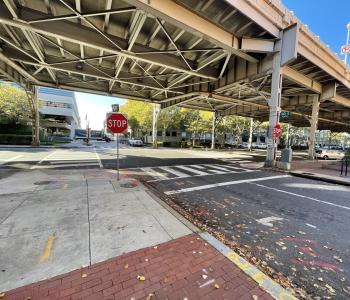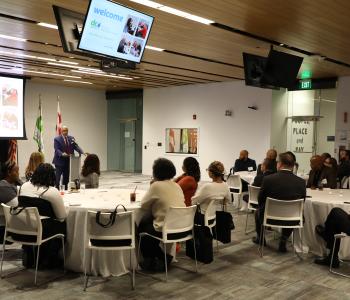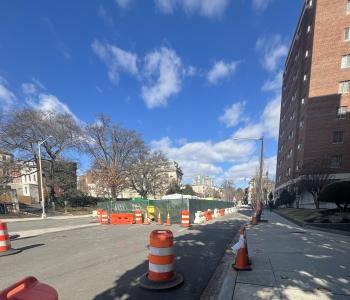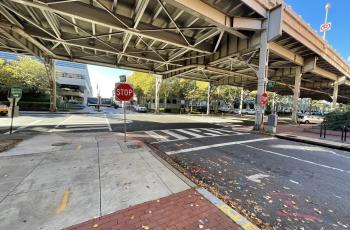Proper Disposal of Pharmaceuticals Safeguards Regions Water
A recent recall of childrens cold medicine highlights an important issue the proper way to dispose of pharmaceuticals to ensure safety for people, the environment, and our water. Every day, people dispose of expired or unused drugs in their homes. Drug recalls are special circumstances that will prompt many people to throw out pharmaceuticals.
Advances in research and technology improve our understanding of the types and levels of pharmaceuticals present in water across the United States. To date, no evidence has been established of risks to human health. Local studies have found contaminants at extremely low levels in the Potomac River, levels known as parts per billion and parts per trillion. For example, an adult would have to drink two liters of water per day for 274,000 years to ingest the amount of ibuprofen in one 200mg tablet.
Although we understand that pharmaceuticals are detected at very low levels, DC WASA remains committed to understanding more about this issue and safeguarding the tap water we deliver, said DC WASA General Manager George S. Hawkins. Next time you dispose of pharmaceuticals or other products, protect our drinking water by doing it properly.
At this time, the District of Columbia has no public drug take-back or collection programs, but there are alternatives to flushing those pharmaceuticals down the toilet or drain. The Office of National Drug Control Policy recommends the following:
1. Take your prescription drugs out of their original containers.
2. Mix drugs with a substance undesired by children and animals, such as cat litter or used coffee grounds.
3. Put the mixture into a disposable container with a lid, such as an empty margarine tub, or into a sealable bag.
4. Conceal or remove any personal information, including Rx number, on the empty containers by covering it with black permanent marker or duct tape, or by scratching it off.
5. Place the sealed container with the mixture, and the empty drug containers, in the trash.
However, a District program may well be on the way. Last year, the Council of the District of Columbia passed the Unused Pharmaceutical Safe Disposal Act of 2009," requiring the Board of Pharmacy to design a public education campaign and provide recommendations to establish a consumer program. The Act authorizes the Mayor to implement a mail-in pharmaceutical return program for District residents and prohibits health care facilities from disposing of any pharmaceutical products in the public sewer system.
Regional pharmaceutical collection sites are available in Virginia and Maryland. The Dispose My Meds campaign (www.disposemymeds.org) provides disposal options at various community pharmacies. In addition, this year the U.S. Postal Service and U.S. Department of Veterans Affairs (VA) launched a pilot mail-back program that serves an estimated 780,000 veterans living in Baltimore, the District and West Virginia. In the program, veterans mail back outdated, unwanted medicine and federally approved facilities safely destroy the medicine, ensuring that prescriptions dont end up in municipal refuse, soil or ground water.
For more information visit www.dcwasa.com/waterquality/faqs.cfm or contact the DC WASA Water Quality Division at (202) 612-3440.
About the District of Columbia Water and Sewer Authority
The District of Columbia Water and Sewer Authority (DC WASA), is an industry leading multi-jurisdictional regional utility that provides drinking water, wastewater collection and treatment to nearly 600,000 residential, commercial and governmental customers in the District of Columbia, and also collects and treats wastewater for a population of 1.6 million in Montgomery and Prince Georges counties in Maryland and Fairfax and Loudoun counties in Virginia.
DC WASAs service area covers approximately 725 square miles and the company operates the worlds largest advanced wastewater treatment plant with a capacity of 370 million gallons per day and has a peak capacity of 1.076 billion gallons per day.







